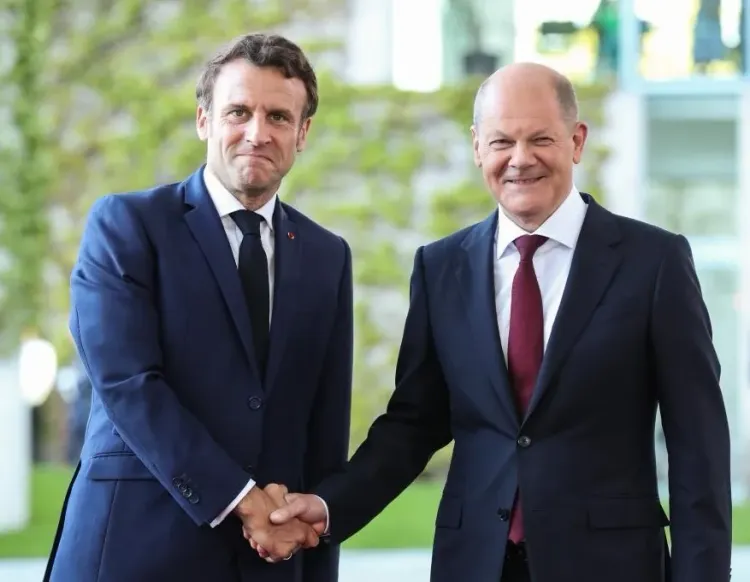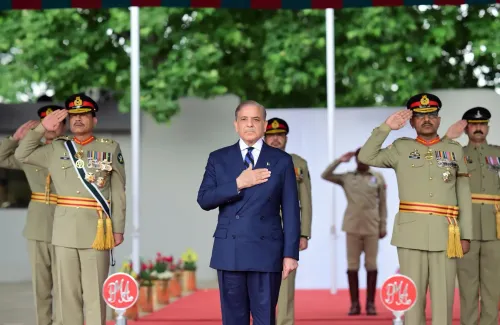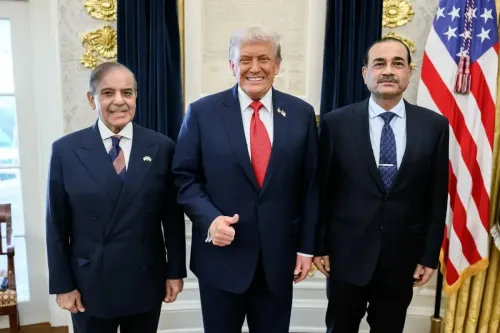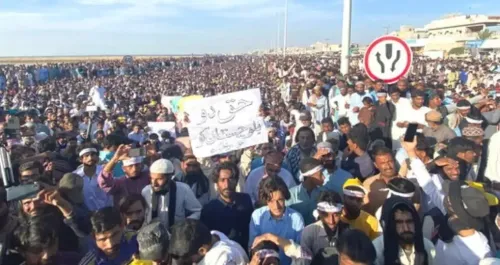Franco-German Alliance Faces Political Turmoil

Berlin, Dec 14 (NationPress) France and Germany, the dual engine of European integration, find themselves entangled in serious political crises, including falling approval ratings for their ruling parties, the disbanding of their national parliaments, coalition failures, and adjustments in cabinet positions.
This domestic upheaval arises amid both internal and external pressures, raising alarm over the stability and policymaking capabilities in these nations, as reported by Xinhua news agency.
On Friday, French President Emmanuel Macron appointed Francois Bayrou as the new Prime Minister, marking the fourth nomination this year following a no-confidence vote that resulted in the ousting of his predecessor, Michel Barnier.
Bayrou's primary responsibilities include forming a government and advancing the 2025 budget bill through the National Assembly.
The political deadlock in France initiated with the European Parliament elections this summer, which resulted in a significant defeat for Macron's Renaissance party and a win for the far-right National Rally. This loss led to a crisis of confidence, prompting Macron to disband the National Assembly and call for legislative elections.
The legislative elections revealed that Macron's centrist coalition had lost its majority, resulting in a fragmented political environment split among left-wing, centrist, and far-right factions.
Simultaneously, France faces a substantial budget deficit, currently standing at 6.1 percent of its GDP, which Bayrou has described as a challenge akin to the Himalayas.
A fragmented parliament is likely to impede the policymaking capacity of Macron's administration, potentially ushering in a period of political instability.
Germany, recognized as Europe's largest economy, is similarly embroiled in a political crisis. The governing coalition comprising the Social Democratic Party, the Free Democratic Party (FDP), and the Greens collapsed in November due to prolonged disagreements on various issues, including fiscal policies.
The ousting of FDP leader Christian Lindner from his role as finance minister has left Chancellor Olaf Scholz leading a minority government.
This situation has resulted in a confidence vote scheduled for next week in the lower house of parliament, known as the Bundestag. Scholz is widely anticipated to lose this vote, which would lead to the disbandment of parliament and trigger snap elections within a 60-day timeframe.
Major political parties in Germany have agreed to hold federal elections on February 23, 2025, during which a new chancellor will be appointed by the newly elected parliament.
Both nations, grappling with administrative dysfunction, are also pursuing divergent agendas at the EU level, which undermines their historical leadership roles in the bloc, according to Wu Huiping, deputy director of the German Studies Center at Tongji University.
Wu noted that Germany's current economic downturn significantly affects the unity of its leadership, but these economic challenges are complex, stemming from both short-term and long-term factors.
Short-term issues include soaring energy prices triggered by the Russia-Ukraine conflict, while Germany's long-term economic struggles are exacerbated by high labor costs, corporate taxes, excessive bureaucracy, insufficient infrastructure investment, high social welfare expenses, and substantial aid to Ukraine.
In the coming months, the governments of both countries will be tested on their capacity to tackle internal challenges such as prolonged economic downturns and manage external pressures like the ongoing war in Ukraine.
The Spanish newspaper El País has remarked that the political crises in France and Germany are depriving the EU of its essential dual engine, thus hindering the bloc's ability to address global challenges.
“There can be no strong Europe without a strong Germany and France,” it stated.









